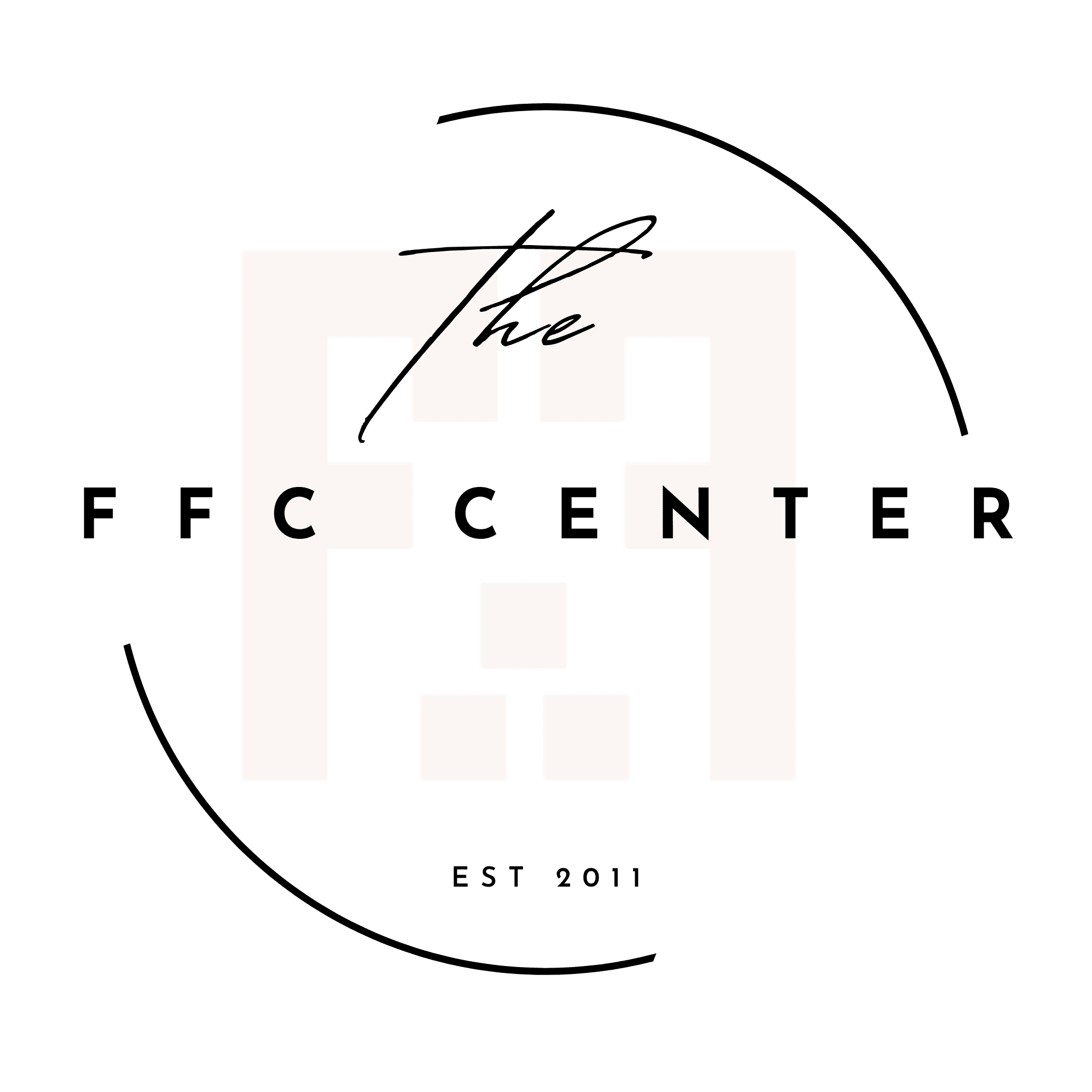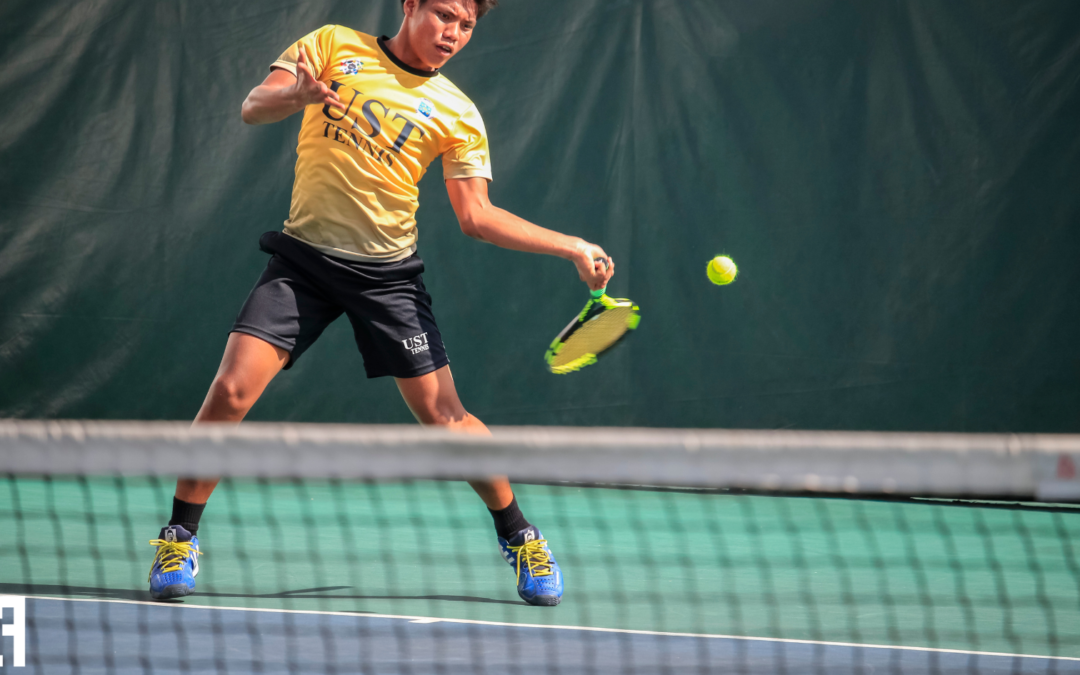In the fiercely competitive world of youth tennis, parents and coaches often focus on mental coaching as a key component of their child’s success. While sharpening mental skills is undeniably crucial, it’s equally important for parents to recognize and address broader mental health and family relationship issues that young athletes may encounter. In this article, we delve into the importance of taking a holistic approach to support the overall well-being of competitive tennis athletes for sustained success both on and off the court.
Understanding the Full Spectrum of Mental Health:
To unlock a young tennis player’s full potential, it’s essential to acknowledge the various mental health challenges they may face. Issues such as performance anxiety, stress, and burnout are common, but there are also broader concerns like depression and self-esteem that can significantly impact a child’s overall well-being. Parents should actively engage in open conversations with their young athletes, creating a supportive environment where mental health is prioritized and destigmatized.
Family Dynamics and Performance:
Beyond mental health, family relationships play a pivotal role in shaping a child’s mindset and, consequently, their performance. It’s crucial for parents to recognize the impact of family dynamics on their young athlete’s well-being. Striking a balance between offering support and allowing independence is key. Open communication within the family unit ensures that potential sources of stress or conflict are identified and addressed, fostering an environment of trust and understanding.
The Role of Professional Guidance:
While parents play a crucial role in supporting their young athletes, seeking professional guidance can further enhance the holistic approach to mental well-being. Sports psychologists, family therapists, and counselors can provide valuable insights and strategies to navigate the unique challenges that competitive tennis athletes and their families may encounter. Incorporating professional guidance into a comprehensive support system reinforces the importance of mental health and family relationships in the overall development of a young athlete.
Building Resilience for Long-Term Success:
By addressing mental health and family relationship issues, parents contribute to the development of resilient young tennis athletes who are not only equipped to handle the pressures of competition but also prepared for the challenges life may present. Investing in a holistic approach to well-being ensures that athletes not only perform at their best in the short term but also lay the foundation for a lifetime of success, both athletically and personally.
Conclusion:
As parents of competitive tennis athletes, the journey to success involves more than just honing physical and mental skills. Taking a holistic approach to mental well-being and family relationships is the key to unlocking a child’s full potential. By addressing common mental health issues and fostering strong family dynamics, parents create an environment that supports the long-term success and well-being of their young athletes, ensuring they thrive both on and off the field.


